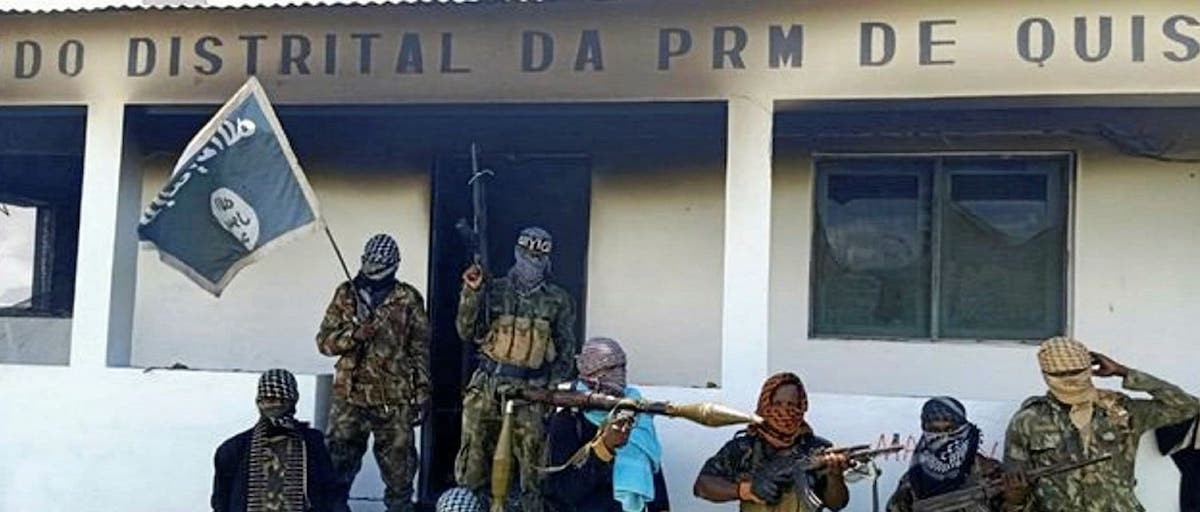
The Biden administration on March 10 designated two alleged affiliates of the Islamic State, in the Democratic Republic of Congo and Mozambique, as “Foreign Terrorist Organizations.” The State Department named as FTOs the Allied Democratic Forces (ADF) in DR Congo and Ansar al-Sunna in Mozambique. The Department also designated the respective leaders of those organizations, Seka Musa Baluku and Abu Yasir Hassan, as “Specially Designated Terrorists.” The designations freeze all US property and assets in the names of these groups and leaders, and prohibit US citizens from doing business with them. Additionally, the Department stated that “it is a crime to knowingly provide material support or resources” to the groups, or “to attempt or conspire to do so.”
The Islamic State, popularly known as ISIS, launched the Islamic State Central Africa Province (ISCAP) in April 2019, according to the State Department. However, the ADF and Ansar al-Sunna are effectively autonomous. The State Department accused both groups of carrying out several attacks that have resulted in the killing of thousands. Moreover, “large scale and sophisticated attacks” have resulted in the displacement of nearly 670,000 people in northern Mozambique. In the past decade, the US has sanctioned the ADF and six of its members, including its leader, for their roles in human rights abuses, violence, and atrocities.
The US believes designating the groups as terrorist organizations will “assist the law enforcement activities of US agencies and other governments.”
From Jurist, March 11. Used with permission.
Note: The ADF is held responsible for a new displacement crisis in the eastern DRC, and its attacks on civilians and UN peacekeepers have been termed “war crimes.” It first emerged in the 1990s as an insurgency against the Ugandan government, in that country’s western Ruwenzori Mountains. Its early leaders were veterans of the Rwenzururu secessionist insurgency in the region a generation earlier. It appears to have adopted a Salafst ideology thanks to the influence of its early patron, Sudan, and the Tablighi Jamaat missionary movement. It later merged with and absorbed other insurgent groups in the region, most notably the National Army for the Liberation of Uganda (NALU, led by former officers of the Idi Amin dictatorship), before moving across the border into Congolese territory, taking advantage of the lawless atmosphere as the DRC descended into internal war. It has continued to operate there, in loose alliance with ethnic Hutu forces, including some from Rwanda that have likewise taken refuge in the DRC. (FAS, DefenseWeb, South Africa)
Ansar al-Sunna (roughly, Supporters of Tradition), appears to identify more closely as the ISCAP and is known informally within Mozambique simply as al-Shabaab (the Youth). Formerly called Ahlu Sunnah Wa-Jamo (Adepts of the Prophetic Tradition), it was founded in 2012 by followers of the late Kenyan cleric Aboud Rogo Mohammed, who was also seen as a key figure in the emergence of Somalia’s Shabaab insurgency. (Organization for World Peace)
An earlier group by the name of Ansar al-Sunna was an insurgent organization in Iraq, later renamed Ansar al-Islam; however this group, while deeply reactionary, has remained independent of ISIS.




